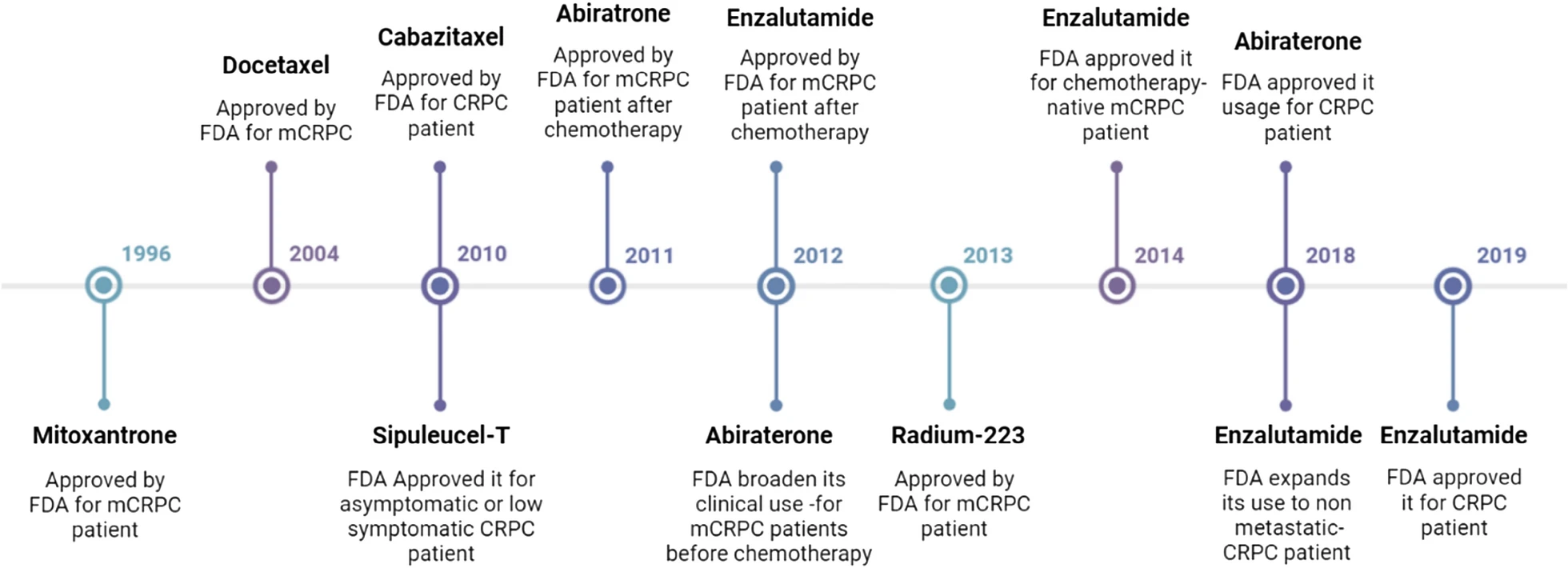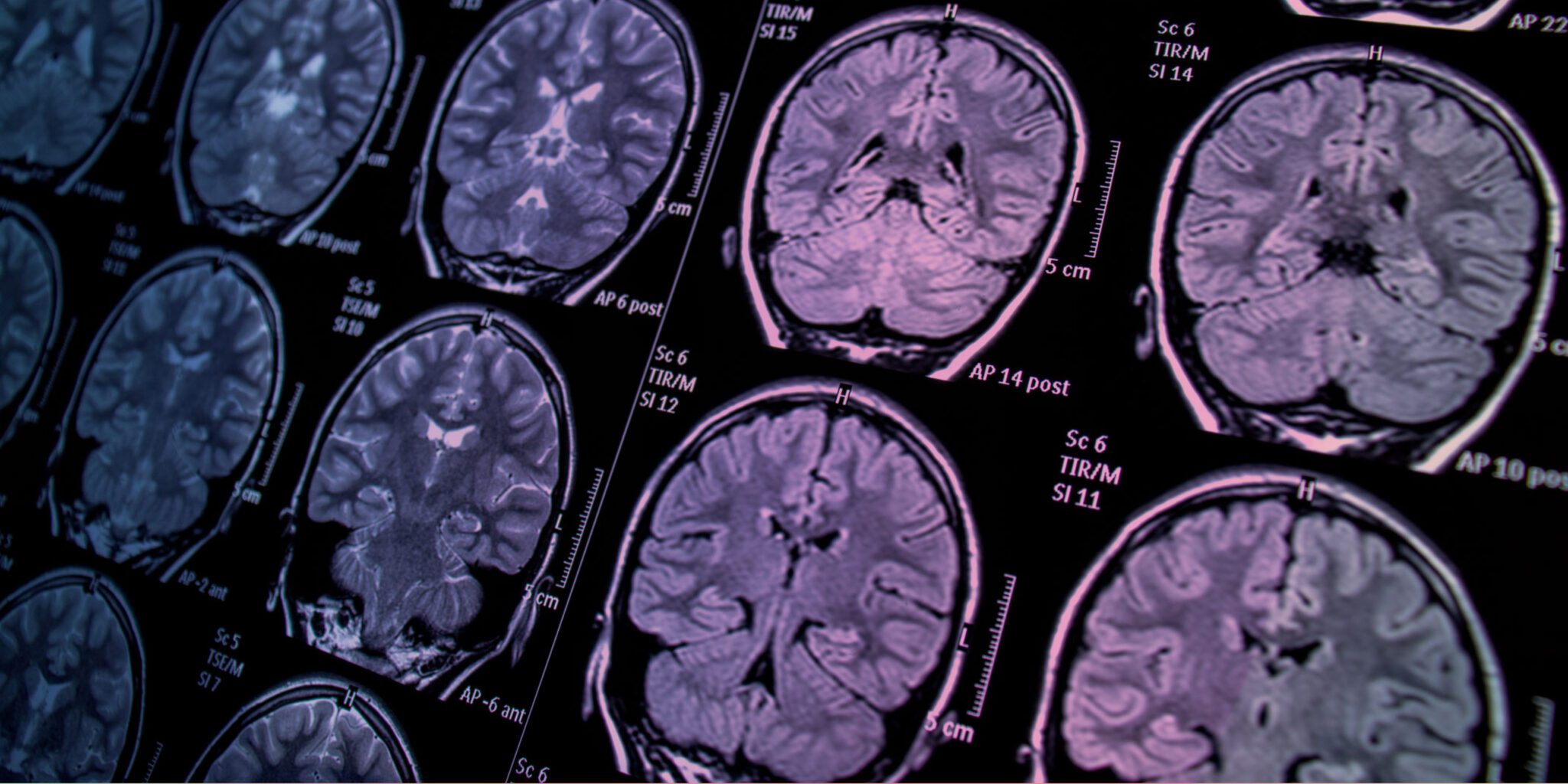Current research indicates that the question of when to cease breast cancer screening remains complex. Notably, randomized controlled trials (RCTs) have not included women over the age of 74, leading to a lack of concrete data regarding mortality reduction in this age group. However, it is reasonable to assume that mammographic screening remains effective among older women, as evidence suggests that the sensitivity and positive predictive value of mammography improve with advancing age.
A retrospective study involving over 690,000 women aged 66 to 79 demonstrated a 43% reduction in the incidence of metastatic breast cancer in the screened population compared to those who were not screened. While this study did not provide direct mortality data, the significant reduction in metastatic cases serves as a valuable surrogate indicator for mortality, supporting the effectiveness of screening in older women.
In evaluating the necessity of continued screening, it is crucial to balance the potential benefits of early detection against the risks of false-positive results, quality of life considerations, and life expectancy. RCTs have shown that the benefits of mortality reduction from screening typically become evident only after approximately 5 to 7 years. Women aged 70 to 74 in average health can anticipate a life expectancy of about 13.4 years. This decreases to approximately 10 years for women aged 75 to 79, nearly 8 years for those aged 80 to 84, and around 6.6 years for women aged 85 and older. However, women with significant health issues may have considerably shorter life expectancies.
Given this variability, it may not be justifiable to enforce universal upper age limits for screening mammography. The decision to continue screening should be individualized, taking into account a woman’s life expectancy based on her age and comorbid conditions, as well as her preferences regarding the potential benefits of identifying an occult breast cancer versus the potential drawbacks of additional testing prompted by screening results.
Considering the increasing incidence of competing causes of morbidity and mortality with age, the American College of Radiology (ACR) and the Society of Breast Imaging (SBI) recommend that mammography screening should persist as long as a woman has a life expectancy of at least 5 to 7 years, factoring in her age and health status. Additionally, women should be willing to undergo any necessary follow-up testing, including biopsies, and would consent to treatment for breast cancer if diagnosed.
Ultimately, the decision to continue breast cancer screening should be a collaborative process between healthcare providers and patients, emphasizing personalized care that considers the unique circumstances of each woman.
Reference: Breast Cancer Screening With Imaging





















